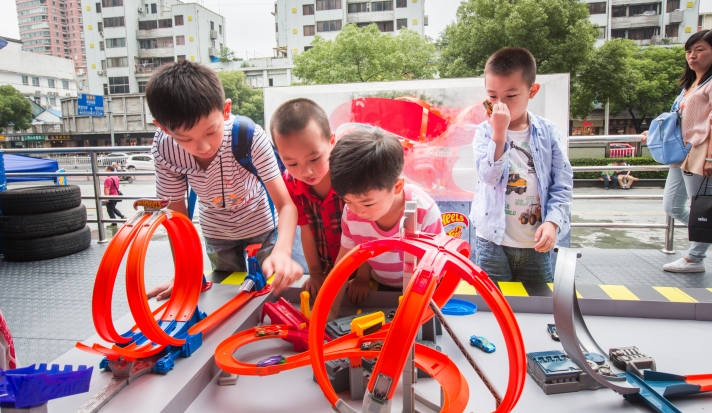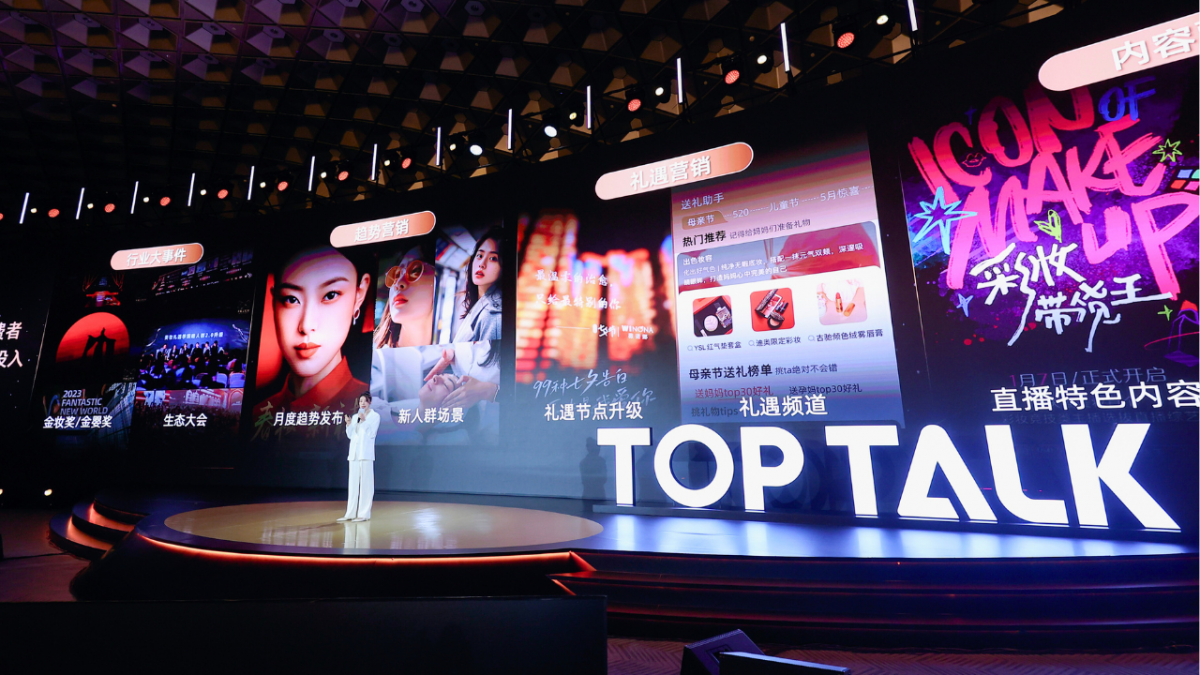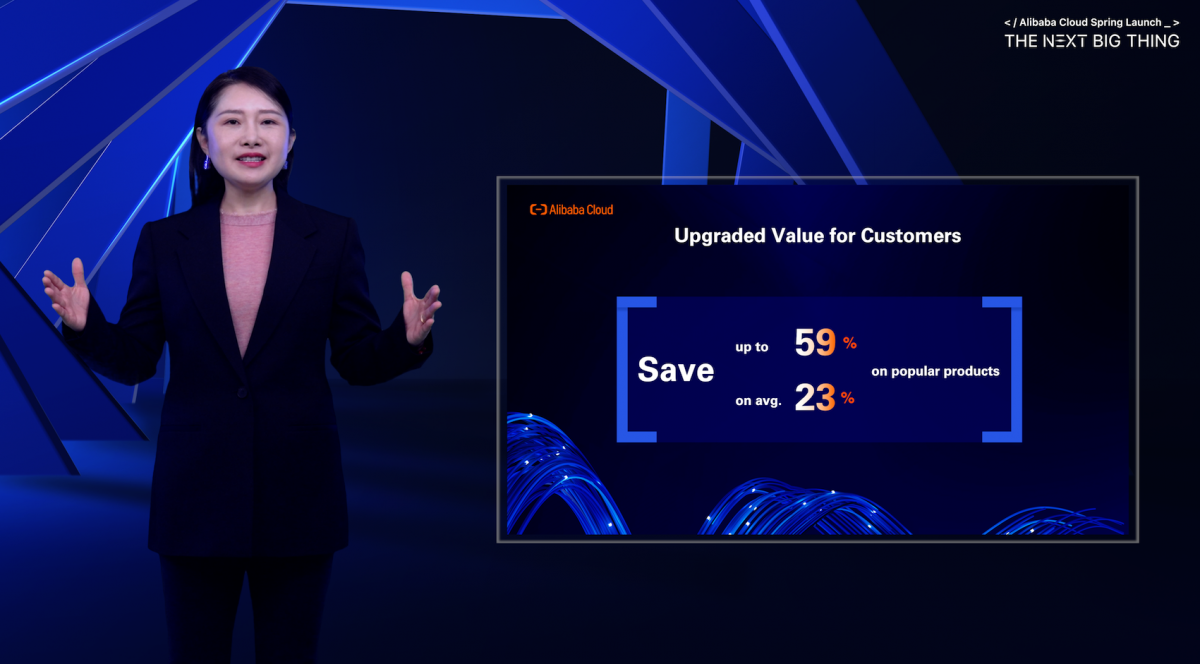
Leading U.S. toy manufacturer Mattel says it sees big opportunity in China’s multi-billion dollar market for children’s toys, which it hopes to tap by enlightening parents—Tiger Moms in particular—about the importance of playtime in raising well-rounded children.
“Toys and play are an important part of a child’s early development, helping to drive IQ and EQ development,” said Patty Wu, Mattel’s vice president of China Growth. “And we want to prepare parents for their most important role. We want to coach parents on how to maximize their child’s development through play, which not only includes physical development, but also social, emotional and cognitive aspects.”
Mainland parents buy fewer toys for their kids compared with parents in some other countries, Wu said, because they believe idle play distracts their little ones from homework and hurts academic performance, the No. 1 priority of Tiger Moms everywhere. This mindset is reflected in the underperformance of toy sales in China relative to sales of other child-related products. The China market for baby formula, for example, is three times larger than that of the U.S., while the diaper market is 30 percent bigger, said Wu. “But in terms of the toy category, China is only 30 percent the size of the U.S.,” Wu said.
To help unlock this market, Mattel today announced a strategic partnership with Alibaba Group—operator of China’s largest online ecosystem of shopping, lifestyle and social media platforms—aimed at reshaping how Chinese parents think about toys.
Mattel, owner of famous brands including Barbie and Fisher-Price, says there’s tremendous potential for growth in China, which can be tapped by educating parents on the value of play and by providing them with well-designed, high-quality, educational, fun toys. “By combining Mattel’s unmatched expertise in childhood learning and development, with Alibaba’s immense reach and unique consumer insights, our goal is to help parents in China raise children to be their personal best,” said Mattel CEOMargo Georgiadis in a statement.
Mattel and Alibaba plan to advance the toy category by using data-driven insights gleaned from Alibaba’s vast trove of consumer data to develop toys and learning products specifically for the Chinese market, according to a press release. Mattel will work with Alibaba’s artificial intelligence researchers to create innovative products that aid child development through the use of cutting-edge technology and smart, interactive learning. In addition, the companies plan to develop digital content that will guide parents towards products and resources that aid in their child’s growthandhelp them”get the most out of play,”the companies said.
Mattel, which began selling offline in China through distributors in 1999, is not new to e-commerce and the digital realm. Mattel opened its first flagship online stores—for Barbie and Fisher-Price—on Alibaba’s Tmall.com shopping website in 2011. Today the company has six Tmall outlets, including individual stores for MEGA BLOKS, Thomas & Friends and Hot Wheels, along with a store on Alibaba’s cross-border platform Tmall Global to test and launch new products.
This strong e-commerce effort in China, where nearly two out of three of the country’s 731 million internet users shop online, has paid dividends. Fisher-Price, Mattel’s infant toy and product line, has topped the toy category during Alibaba’s giant 11.11 Global Online Shopping Festival for five consecutive years.
Mattel leadership credits the company’s focus on China’s burgeoning and digitally savvy middle class. The country’s longstanding one-child policy, although eased last year, means the vast majority of parents are newbies. “Many first-time parents are seeking advice and knowledge,” explained Jeff Wang, head of Mattel Greater China. Hungry for information and heavily influenced by their social-media peers and KOLs (key opinion leaders such as popular bloggers), “increasingly they hop onto the internet for guidance and advice on parenting, and to shop for quality goods for their kids,” Wang said.
In partnership with Tmall, Mattel seeks to build an online parenting program tailored to individual needs. Mattel and Alibaba plan to co-develop learning resources, entertainment content based on Mattel brands and characters, and educational content on child development. The information will be available via multiple channels within Alibaba’s ecosystem such as video streaming site Youku, micro-blog site Weibo and media within Tmall and Taobao mobile apps.
“This is not just about the one-way communication,” Wu said. “It’s about coaching and empowering parents, providing them with solutions, not only the what, but the how. That’s what really makes it exciting.”
Mattel already has experience in content creation. The company’s Chinese-language Thomas the Tank Engine cartoons are broadcast on CCTV and Chinese video-streaming sites, and Mattel also releases movies and publications in China. The company plans to refine its content distribution plan by linking more closely with media properties and marketplaces within Alibaba’s ecosystem.
“We are going to where the consumers are and provide them with information in a form that they are able to digest,” said Wu,”and there is no better partner than Alibaba in terms of getting that message out. It is amazing to watch how the company has transformed from an e-commerce marketplace to become this lifestyle platform. With one partner, we are not just selling through an e-commerce channel. We are also able to drive category growth, build our brand, and educate consumers through a variety of content channels. It is so unique. Considering all the different ways Alibaba has to reach consumers, it’s like you are partnering with four or five companies.”
Although online sales are expected to make up an increasing proportion of total sales in coming years, letting kids physically touch and try toys in physical stores is still important to purchasing decisions, Wang said. Mattel is already exploring synergies between offline and offline retailing.
“Everybody is looking for newest technology and the newest ways to do things,” Wang said. The integration of online and offline, called omnichannel or O2O retailing, “is the leading edge.” The company says it will explore online-to-offline initiatives with Alibaba in a bid to connect its e-business with its offline presence and activities across hundreds of cities in China. “What we are going to test and implement in China market, in the future we can roll out in other markets,” Wu said.
Many Chinese parents are increasingly aware that creativity, flexibility, imagination and people skills—traits nurtured by play—need to be encouraged, Wu said. “The late post 80s and 90s generation in China, people who are just now becoming parents, are starting to realize that children need intellectual development in a wider sense,” she said.
“Our program will enable a variety of parenting styles and help develop whole, well-rounded kids who will be ready to take on the world,” Wu said.




